Distracted, dizzy, fatigued, beware of hypoglycemia
Glucose refers to glucose in the blood, and one of its important functions is to provide energy to the brain. The brain is different from other organs. It depends on glucose to provide energy. In the case of insufficient glucose, other organs can also oxidize fatty acids to provide energy, but the brain cannot. So once the blood sugar level is insufficient, the brain will not get enough energy supply, affecting the normal function, the lighter people can not concentrate, dizziness, fatigue, etc.; the heavy heart palpitations, sweating, headache, syncope. These mixed performances are generally called "hypoglycemic reactions."
Occasional hypoglycemic reactions are often hungry when eating is not timely. I sometimes fail to eat dinner in time because of lectures. At around 8 o''clock in the evening, I start to speak wrong words and pronounce wrong sounds. This is all a sign of inattention. I know that I have low blood sugar. Eat something, these performances will soon improve. There are many young people who do not eat breakfast or eat too simple, and hypoglycemia will occur in the morning.
However, if hypoglycemic reactions occur frequently, especially at specific times, such as around 4 o''clock in the afternoon, or in the middle of the night, special care should be taken. This reflects problems with insulin regulation and should be further Check, especially the elderly. Hypoglycemia may also be a complication of diabetes or a response to medication.
However, when hypoglycemic reactions occur, you should eat foods rich in carbohydrates, such as drinks, candy, biscuits, bread, porridge, noodles, rice, etc. immediately or as soon as possible. Fruits, snacks, yoghurt (sweetened), coffee (sweetened), vegetables, etc. are also effective, but protein foods (with very little sugar) such as eggs, meat (such as beef jerky), fish, shrimp, and soy milk are often ineffective and can only relieve hunger Feeling, but can not solve the nervous system symptoms such as inattention and dizziness.
The best way to deal with hypoglycemia is to prevent it, that is, to take measures against the causes of hypoglycemia. Excluding diseases such as diabetes or taking hypoglycemic drugs, the occurrence of hypoglycemia generally reflects the improper eating of the previous meal, including insufficient food intake, insufficient food intake of sugar-rich foods (such as staple foods, potatoes, fruits, etc.), food varieties Too simple to wait. These problems lead to insufficient blood sugar or a rapid decline after meals, which is not enough to maintain the next meal and low blood sugar. Therefore, to ensure regular meals, every meal must pay attention to food collocation, eat well and eat well.
First of all, there should be foods rich in carbohydrates at every meal, they are the main source of blood sugar. It is best to have coarser grains (such as oats, millet, corn, whole-wheat products, red beans, mung beans, etc.) that are slower to digest and more "anti-hungry", especially when the total amount of staple food is small. Potatoes, sweet potatoes, yam, taro and other potatoes and fruits can also provide better sugars. In contrast, refined grains such as white rice, white buns, white noodles, white bread, and white porridge are not easy to maintain blood sugar levels for a sufficient time unless they eat a lot. The sugar in sweet drinks is only suitable for emergency (in case of hypoglycemia), or emergency prevention.
Second, every meal should be accompanied by foods rich in protein and/or fat. They can make the blood glucose level longer after the meal and avoid rapid rise and fall. Eggs, milk, meat, fish, shrimp and soy products are rich in protein and fat. After eating, the stomach emptying rate is slower and more "anti-hungry". Although it cannot be used for emergency treatment (when hypoglycemia occurs), it is low in prevention. Blood sugar is very effective and is a long-term solution.
Finally, snacking, especially when the meal is not in time and the interval between meals is too long, helps prevent hypoglycemia. Fruits, milk, yogurt, potatoes, soy milk, nuts are all good snacks and can be eaten often. Although biscuits, bread, desserts, puffed foods, ham sausages, ice cream, beverages, etc. are not healthy, they are effective in preventing hypoglycemic reactions, and can be used occasionally.
Related Articles
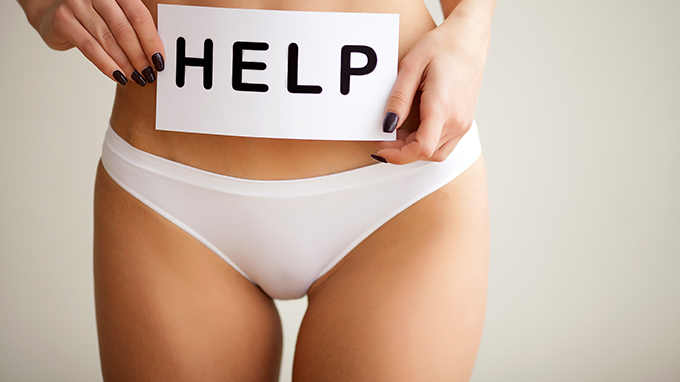
- How to lose weight in spring
- Spring is the season for everything to grow. The fat accumulated in a winter gradually reveals after taking off the winter clothes. Some beauty-loving girls finally can’t sit back. In orde
- 2020-08-03
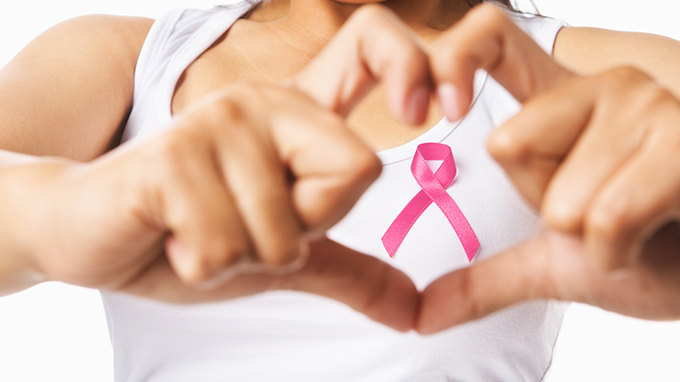
- What should pregnant women pay attention to in daily meals
- Beautiful women have a sacred mission to nurture life. Young prospective parents all hope that their future babies will be healthy and smart. A scientific and reasonable health care diet d
- 2020-08-03
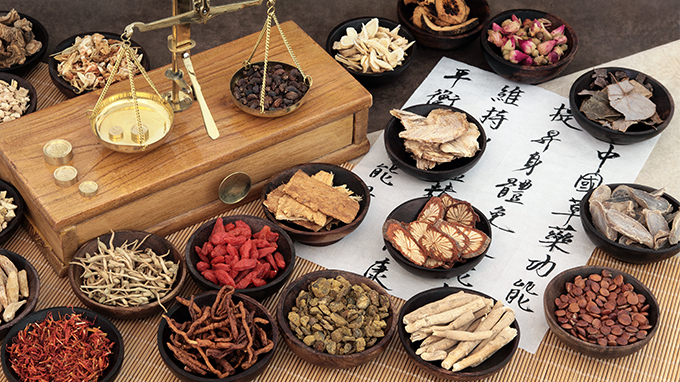
- What vegetables can't be used for shabu-shabu
- Winter is here, everyone likes to sit around and eat hot pot. In winter, it is indeed a good thing to be able to shabu hot pot frequently. If you can mix and match the proportions of vario
- 2020-08-03
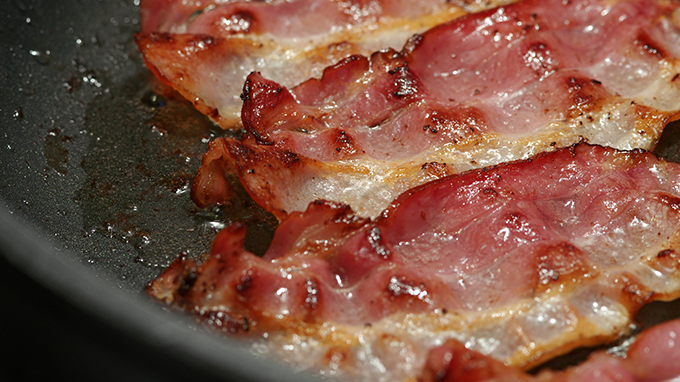
- Are you still eating these foods
- Many years ago, I liked sausages. Comrades from Shandong, Hubei, Hunan, and Guangdong also brought a variety of sausages, but I still like the kind of lean meat that parents make in their
- 2020-08-03
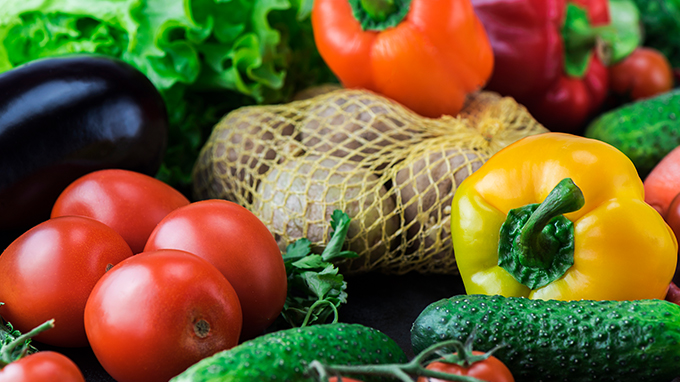
- Healthy diet to adjust the stomach after the holiday
- Eggplant is a very common ingredient. Common eggplants in Beijing are purple round eggplant and purple long eggplant. Eating eggplant after the holiday is a good choice. One eggplant is fr
- 2020-08-03
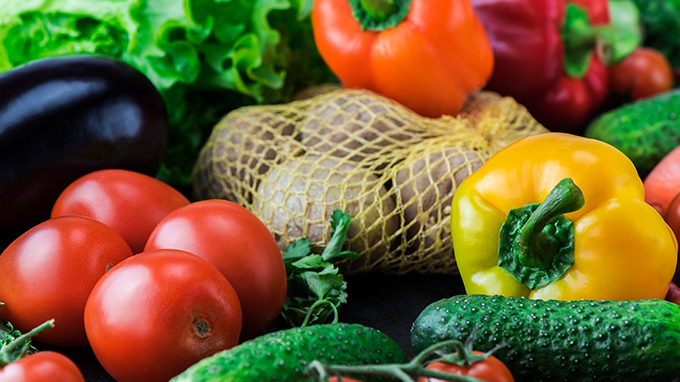
- How to eat cucumber better?
- Cucumber is cold. If you eat cold, it is best to add garlic, one to prevent gastroenteritis, and the other to expel cold. Although cucumbers can be eaten often in summer, friends with splee
- 2020-08-02
